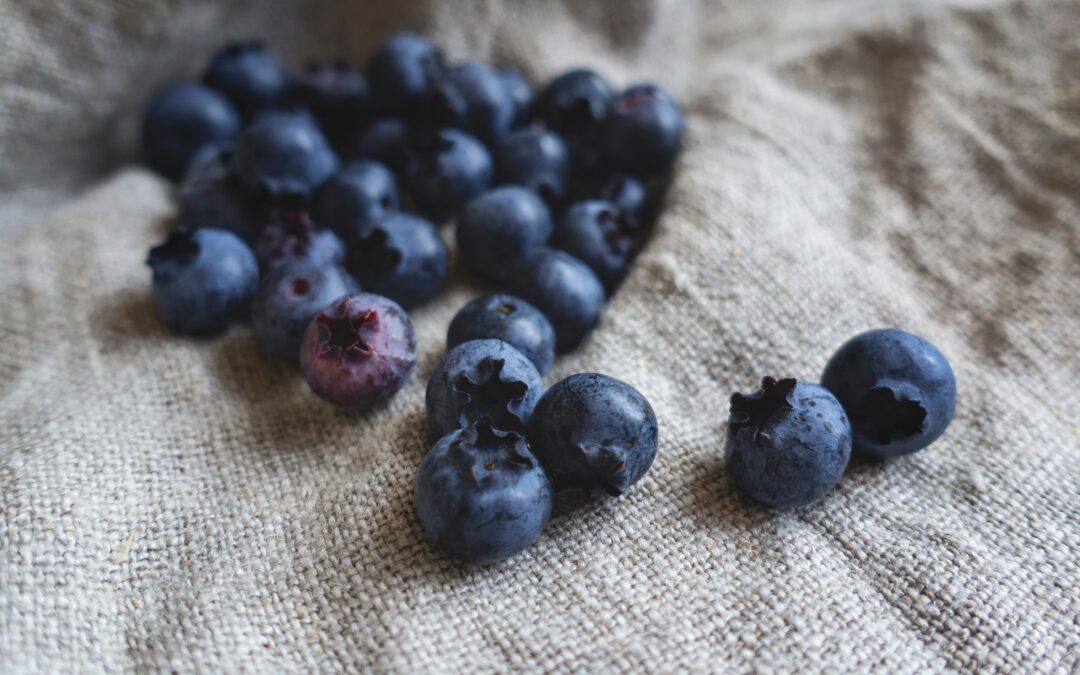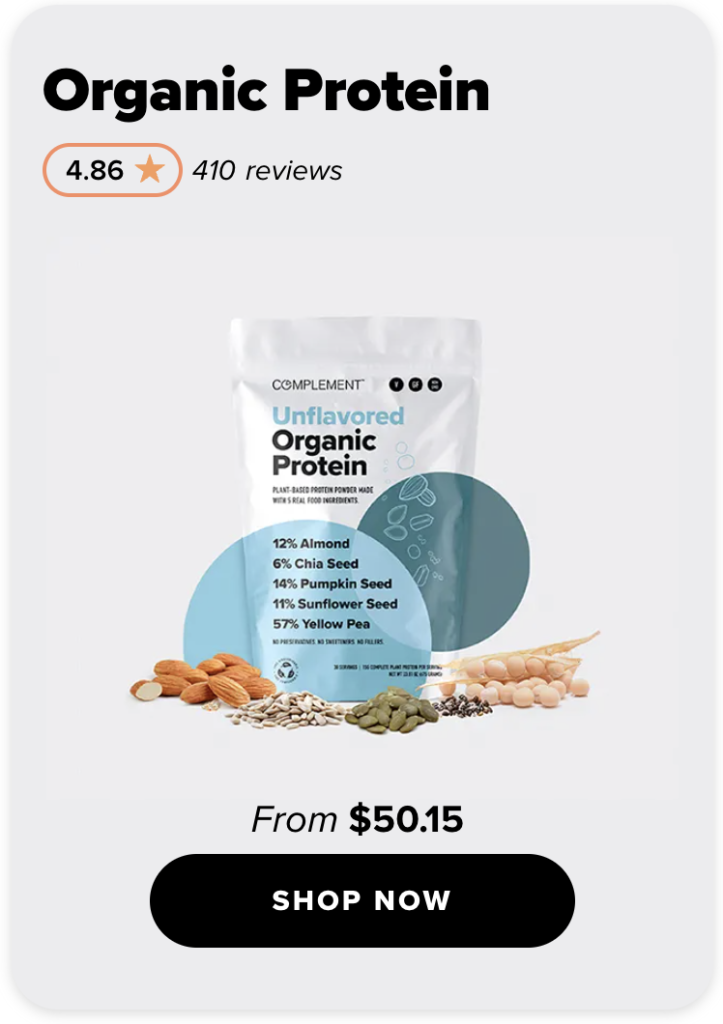Superfoods are nutrient-rich foods that are considered to have health benefits beyond those of other foods. These foods are packed with vitamins, minerals, antioxidants, and other essential nutrients that can help to improve overall health and well-being. In this comprehensive guide, we will explore what are superfoods, their health benefits, and how to incorporate them into your diet.
Introduction
Superfoods are all the rage in the health and wellness community. From acai berries to zucchini, there seems to be a superfood for every letter of the alphabet. But what exactly are superfoods and why are they considered to be so healthy?
Superfoods are nutrient-dense foods that are high in vitamins, minerals, antioxidants, and other essential nutrients. These foods are considered to be especially beneficial for overall health and well-being. They can help to boost energy levels, improve digestion, support heart health, and even aid in weight loss.
Some commonly considered superfoods include:
- Berries (blueberries, acai, goji)
- Leafy greens (spinach, kale, broccoli)
- Nuts and seeds (chia, flax, almonds)
- Whole grains (quinoa, oats, brown rice)
- Legumes (lentils, beans, chickpeas)
- Avocados
- Turmeric
- Ginger
- Garlic
- Green tea
- Matcha
- Maca
- Cacao
- Chlorella
- Spirulina
There are many different superfoods to choose from, each with their own unique set of health benefits. Some of the most popular superfoods include berries, leafy greens, nuts and seeds, and fermented foods. In this guide, we will take a closer look at some of the top superfoods and how to incorporate them into your diet.
Berries
Berries are some of the most nutrient-dense fruits and are considered to be among the top superfoods. They are packed with antioxidants, which can help to protect the body against cellular damage and disease. Berries are also high in vitamin C and other essential nutrients, making them a great addition to any diet.
Blueberries, for example, are known for their high antioxidant content. They are also rich in vitamin C, vitamin K, and manganese. Blueberries have been shown to improve heart health, lower blood pressure, and even aid in weight loss (1).
Raspberries and blackberries are also great options, they are low in calories and high in fiber, which can help to keep you feeling full and satisfied. Raspberries are also rich in vitamin C, manganese, and antioxidants (2).
Leafy Greens
Leafy greens are some of the most nutrient-dense foods on the planet. They are packed with vitamins, minerals, and antioxidants, making them a great addition to any diet. Leafy greens are also low in calories and high in fiber, making them an excellent choice for weight loss.
Spinach is a great option, it is rich in vitamins A, C, and K, as well as folate and iron. Spinach has also been shown to improve heart health and reduce the risk of cancer (3).
Kale is another great option, it is high in vitamins A, C, and K, as well as antioxidants and anti-inflammatory compounds. Kale is shown to lower cholesterol and cancer risk (4).
Nuts and Seeds
Nuts and seeds are a great source of healthy fats, protein, and fiber. They are also rich in vitamins, minerals, and antioxidants. Nuts and seeds are a great addition to any diet, as they can help to improve heart health, lower cholesterol, and even aid in weight loss.
Almonds, for example, are high in vitamin E, magnesium, and antioxidants. They have been shown to improve heart health and lower cholesterol (5).
Chia seeds are another great option, they are high in fiber, protein, and omega-3 fatty acids. Chia seeds have been shown to improve heart health and aid in weight loss (6).
Fermented Foods
Fermented foods are a great source of probiotics, which are beneficial bacteria that help to support a healthy gut microbiome. These foods are also rich in vitamins, minerals, and antioxidants, making them a great addition to any diet.
Sauerkraut is a great option, a fermented form of cabbage and a great source of probiotics. Sauerkraut has been shown to improve digestion and boost the immune system (7).
Incorporating Superfoods into Your Diet
Incorporating superfoods into your diet is easy and delicious. Here are a few tips to help you get started:
- Add berries to your breakfast in a smoothie
- Add leafy greens to your salads or sandwiches
- Snack on nuts and seeds throughout the day
- Try incorporating fermented foods like sauerkraut into your meals
It’s also important to note that while superfoods are nutrient-rich, they should not be the only foods you consume. A balanced diet that includes a variety of fruits, vegetables, whole grains, proteins, and healthy fats is important for overall health and well-being.
Conclusion
Superfoods are nutrient-rich foods that are considered to have health benefits beyond those of other foods. These foods are packed with vitamins, minerals, antioxidants, and other essential nutrients that can help to improve overall health and well-being. Berries, leafy greens, nuts and seeds, and fermented foods are among the top superfoods and are great options to incorporate into your diet. Remember to have a balanced diet, incorporating superfoods is great but it should not be the only food you consume.
References:
- https://www.hsph.harvard.edu/nutritionsource/food-features/blueberries/
- https://www.medicalnewstoday.com/articles/271157
- https://www.medicalnewstoday.com/articles/270609
- https://www.medicalnewstoday.com/articles/270469
- https://www.hsph.harvard.edu/nutritionsource/food-features/almonds/
- https://www.medicalnewstoday.com/articles/324129
- https://www.medicalnewstoday.com/articles/287774
- Some research for this article compiled with the assistance of ChatGPT/OpenAI







